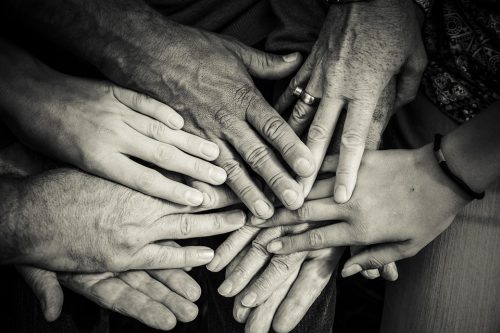Coping with depression is not an easy feat, and patients with depression need a lot of support from family and friends. A family’s involvement in a person’s recovery does not stop at support and care.

People need to understand that depression and mental health problems affect not just the individual but also the whole family. When you have a depressed family member, the effects of that condition spread to other family members. For this reason, a family needs to be aware of how depression could affect the entire unit.
Depression Is A Family Matter
Medication is only half the battle when dealing with depression. A patient also needs proper counseling as well as a reliable support system. This support system typically comes in the form of family.
Family makes up the majority of a person’s social environment. In most cases, people with depression are under the care of family members. Even before considering treatment and recovery, a person’s family situation has massive potential in influencing his or her mental and emotional well-being.

When dealing with a person with depression, a family member’s input is vital in coming up with an accurate diagnosis. Sometimes, a patient might not be honest about his feelings. Other times, the patient doesn’t understand or is not even aware of his condition. It is a common manifestation of depression, which is why family input is essential in determining a person’s mental state. Members of the family can observe a person with depression and provide a detailed account to a therapist or psychiatrist.
Impacts Of Depression In A Family (And How To Address Them)
People with depression experience multiple symptoms that can bring down even the best of us. Caring for a depressed person is no match to experiencing depression, but this job still presents a considerable challenge to anyone. Depression has a particular impact that affects not only the patient but also everyone in the family.
The most apparent impact of depression within the family is the disruption of family dynamics. When a person is depressed, this often manifests in loss of will or motivation in many things, most notably in interacting with others. Isolation happens not only in external events like socializing with friends but also in communicating with family members.
An uncommunicative family member creates tension due to avoidance of issues. This situation is most prevalent at the onset of dealing with depression in the family. Most family members might not yet be used to the presence of depression in the family. This uncertainty makes them tiptoe around their depressed family member, unsure of what to say and how to deal with them.
Tension from lack of communication often blows up into conflict. A depressed person’s mood varies from time to time, and a family member’s fuse might shorten in time as well. Lack of communication results in a lack of understanding from both parties.

As a family, communicating through the negative impacts of depression is a must. On the one hand, family members need to stretch their patience when dealing with a depressed patient. On the other hand, depression should not become a person’s excuse to refrain from engaging in healthy discussions in the family.
There are numerous challenges both on the part of the patient and his or her family. It is common for misunderstandings to pop up. Still, everyone in the family must learn to keep communication lines open as much as possible to foster a healthy environment fit for a depressed person’s recovery.
